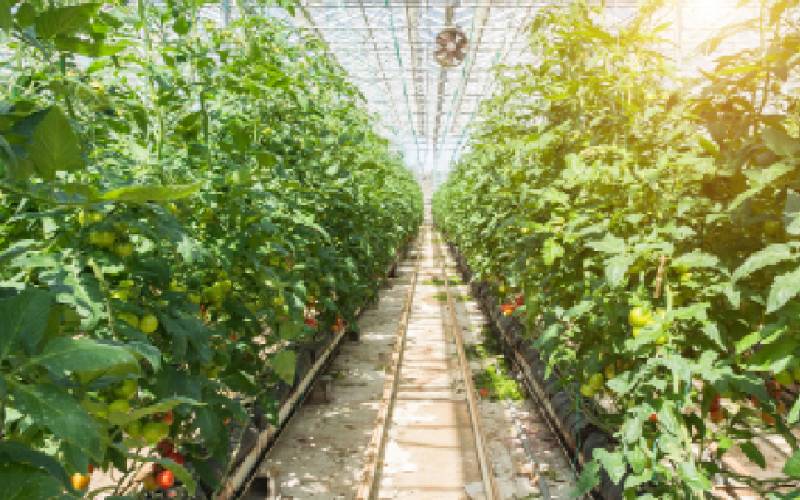×
The Standard e-Paper
Join Thousands Daily

Any job-seeker right now is aware that things are tough out there and many businesses aren’t hiring. And no one knows this more than Mercy Gichuhi. Last year, upon graduation from university, Mercy joined thousands of graduates in the drudgery of job seeking. She was one of the lucky few as she somehow managed to get an internship.







